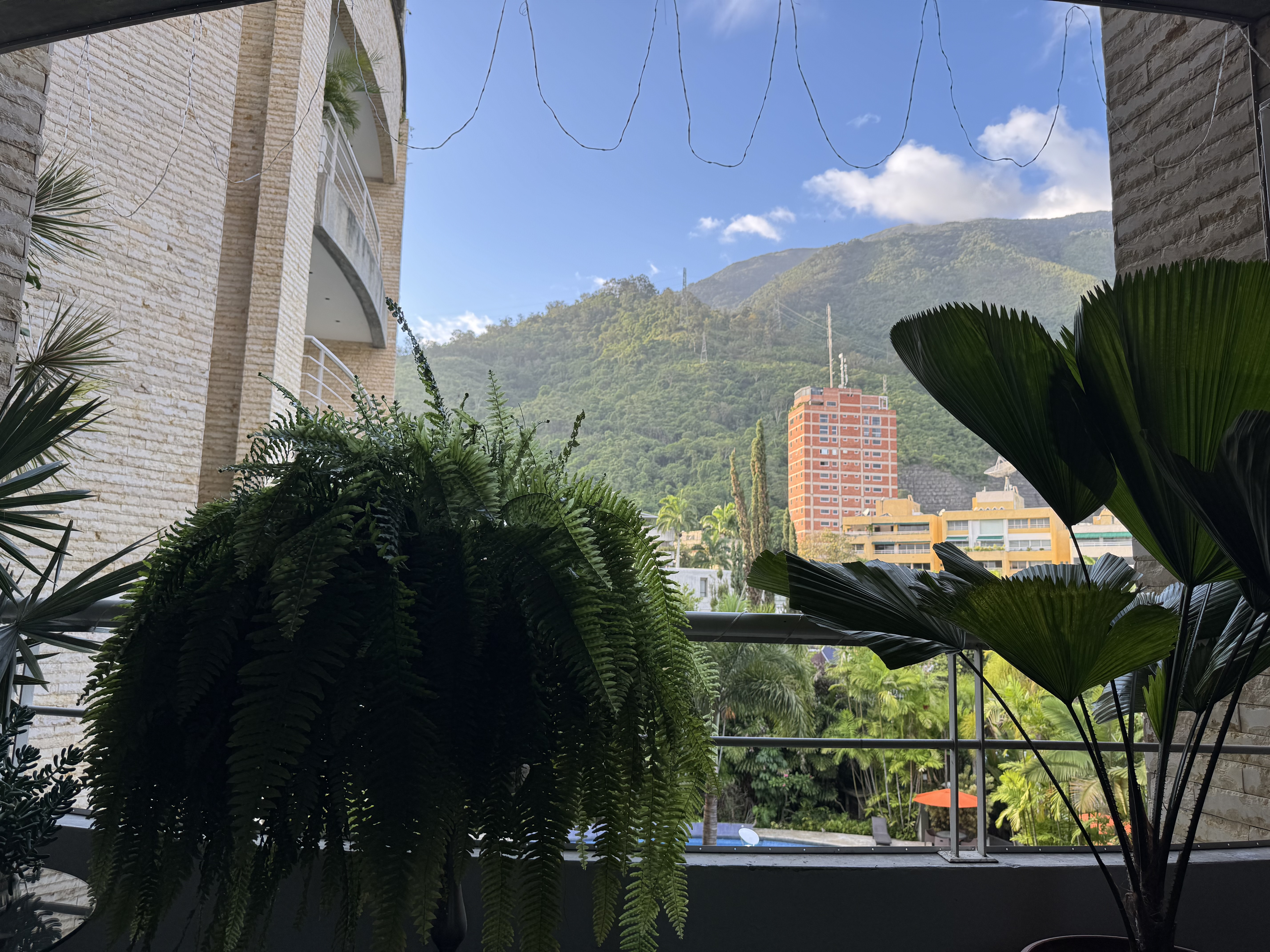Memoir of a Wandering Spirit: The Double Life of Kacper

Avila Hills from my Apartment, Caracas, Venezuela, June 2025
So, a bit of a spoiler… this is how the writing project is shaping up. This is just the introduction — more has already been written, but I thought I’d share the first few paragraphs (still likely to change):
Memoir of a Wandering Spirit: The Double Life of Kacper
Introduction: The Man in Caracas
Kacper sat in the faded green armchair by the window, the one that overlooked the cloud-draped hills of Ávila, rising like a green wave at the edge of La Castellana. The apartment, perched high above the pulsing streets of Caracas, offered a mystical contrast — the city below often noisy and restless, the mountains above always still, nearly sacred. From the kitchen came the low hum of the fridge and, outside, the echo of a mototaxi carving through the streets. Kacper wrapped his hands around a chipped mug of black tea and stared into the misty outline of the hills. There was something about this particular dusk that pulled him backward.
Back to Nowy Sącz. Back to hospital corridors that smelled of disinfectant and hope. Back to a tiny dishwashing station in London, to sun-scorched villages in Huambo, to icy rides on Icelandic horses, to the high-security NGO compound in Wau, and a rooftop in Sudan where he once spotted a Janjaweed rider with a laptop strapped to his horse.
His life, Kacper thought, had never really stopped being a journey — literal and emotional. His story was etched into the rhythm of motion: trains rattling through the Polish countryside; buses wheezing across jungle highlands; ferries swaying in tropical rains; tuk-tuks zigzagging through city chaos; and old sedans breaking down in desert heat. In the air, there were Cessnas skimming mountain ranges, Buffalo planes loaded with goats and coal in South Sudan, and sleek modern jets crossing oceans. Those aircraft carried him to astonishing places — some wild and unpredictable, others that quietly stole his heart. Portugal was one of them. And Óbidos — with its whitewashed walls and slow, sunlit hours — nestled into his memory, becoming a second home alongside Nowy Sącz.
This book is not a guide. It is not an instruction manual for surviving the humanitarian industry, or for navigating visas, evacuations, revolutions, or heartaches. This is simply a story. Or perhaps, fragments of a story — a journey somewhere between passed reality and fiction. Even Kacper himself is no longer certain where memory ends and invention begins.
He only knows this: once upon a time, there was a boy who wasn’t supposed to walk, let alone fly. But he did. He flew because people made it possible. His mother — relentless, protective, fiercely loving — who thought and fought for him every day. His father — quiet, steady, present. And Betty and Mark, an English couple who brought orthopaedic supplies to a Polish hospital and saved a boy’s life without ever asking for anything in return. They gave him hope. They gave him a path. They gave him movement.
And over time, Kacper learned that family is not only made by blood. There were people along the way — friends, students, strangers turned companions — who became his chosen family. Among them was Amir, an Ahmadi from Pakistan, who now lives in Toronto. And there was Lucas, a young Venezuelan who made his way to Madrid. Kacper looked after them, just as they looked after him. They became his brothers, his people — anchors in a world always on the move.
Kacper’s life has been full of contradictions: a poor boy who speaks four languages, a disabled child who crossed half the world by land, an optimist who has buried too many friends. In writing this book, he does not wish to teach, but to share. He hopes that, somewhere in these pages, someone will find the courage to write their own odd, imperfect, adventurous map of a life.
So, let us begin.
